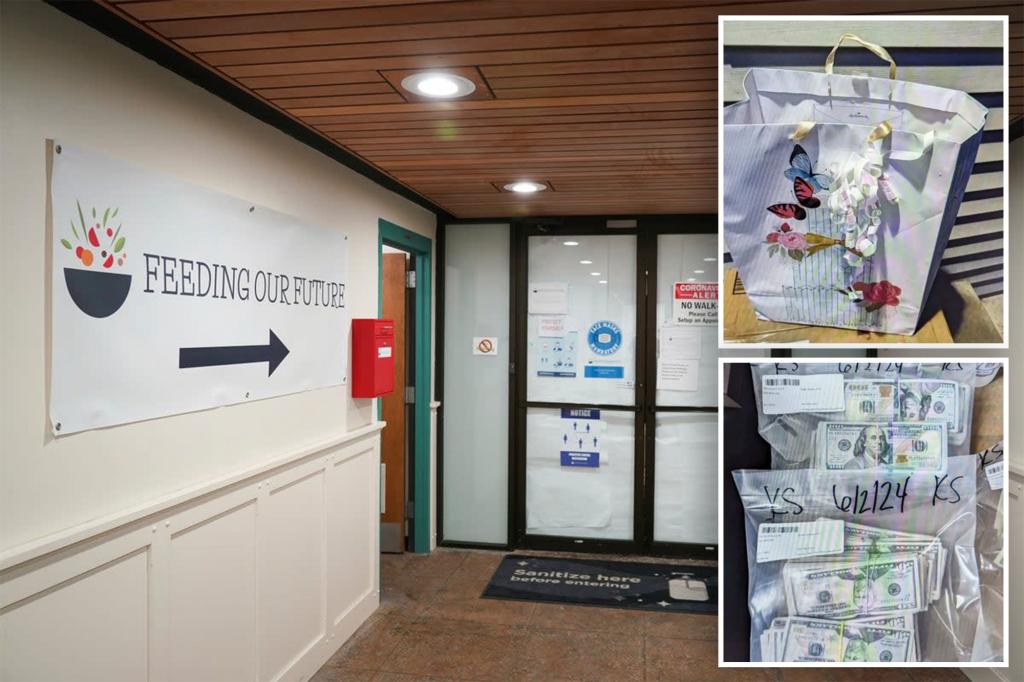A jury in Minnesota convicted five individuals and acquitted two others for their roles in a scheme to steal over $40 million meant for feeding children during the pandemic. The case garnered attention after a juror was bribed with $120,000 in cash, leading to their dismissal and an ongoing FBI investigation into the incident. The defendants faced charges including conspiracy, wire fraud, money laundering, and bribery, with only a portion of the stolen funds recovered. The theft was part of a larger trend of COVID-19-related fraud across the country, with billions in federal relief funds being misappropriated.
The defendants argued that they provided real meals to real people, while federal prosecutors contended that only a fraction of the funds meant for feeding children were actually used for that purpose. In an analysis published by the Associated Press, it was revealed that billions in pandemic relief dollars were stolen nationwide, with losses totaling as much as 10% of the disbursed funds. Despite efforts to recoup stolen money and charge thousands of defendants, a significant amount of aid was still unaccounted for or used fraudulently.
The juror bribery attempt in the Minnesota case led to heightened scrutiny, with the judge ordering all defendants to surrender their cellphones for investigation. The attempted bribe involved a substantial sum of money left at the juror’s home with instructions to rule not guilty, raising suspicions of potential collusion with individuals involved in the fraud conspiracy. Federal charges related to bribery carry a maximum penalty of 15 years in prison, underscoring the seriousness of attempting to influence a jury’s decision.
The funds for food aid came from the U.S. Department of Agriculture and were intended to support low-income children in Minnesota. However, prosecutors alleged that the defendants diverted a significant portion of the money for personal gain, including luxury purchases and property investments. The remaining funds for feeding children were allegedly channeled through shell companies, laundered, and misappropriated through kickbacks and fraud. Despite the claims of innocence from some defendants, the prosecution maintained that the evidence pointed to a significant theft of public funds.
Among the defendants were individuals who founded the nonprofit Feeding our Future, which was implicated in the scheme to steal funds meant for food aid. The plea deals from other defendants and impending trials underscored the widespread nature of the fraud scheme in diverting federal relief funds for personal gain. Investigations into the broader network of individuals involved in the fraud conspiracy revealed a complex web of deceit, highlighting the challenges in preventing and prosecuting large-scale financial fraud during times of crisis. As the legal proceedings continued, the defendants faced the prospect of significant prison sentences if found guilty of their roles in the elaborate theft of pandemic relief funds.


